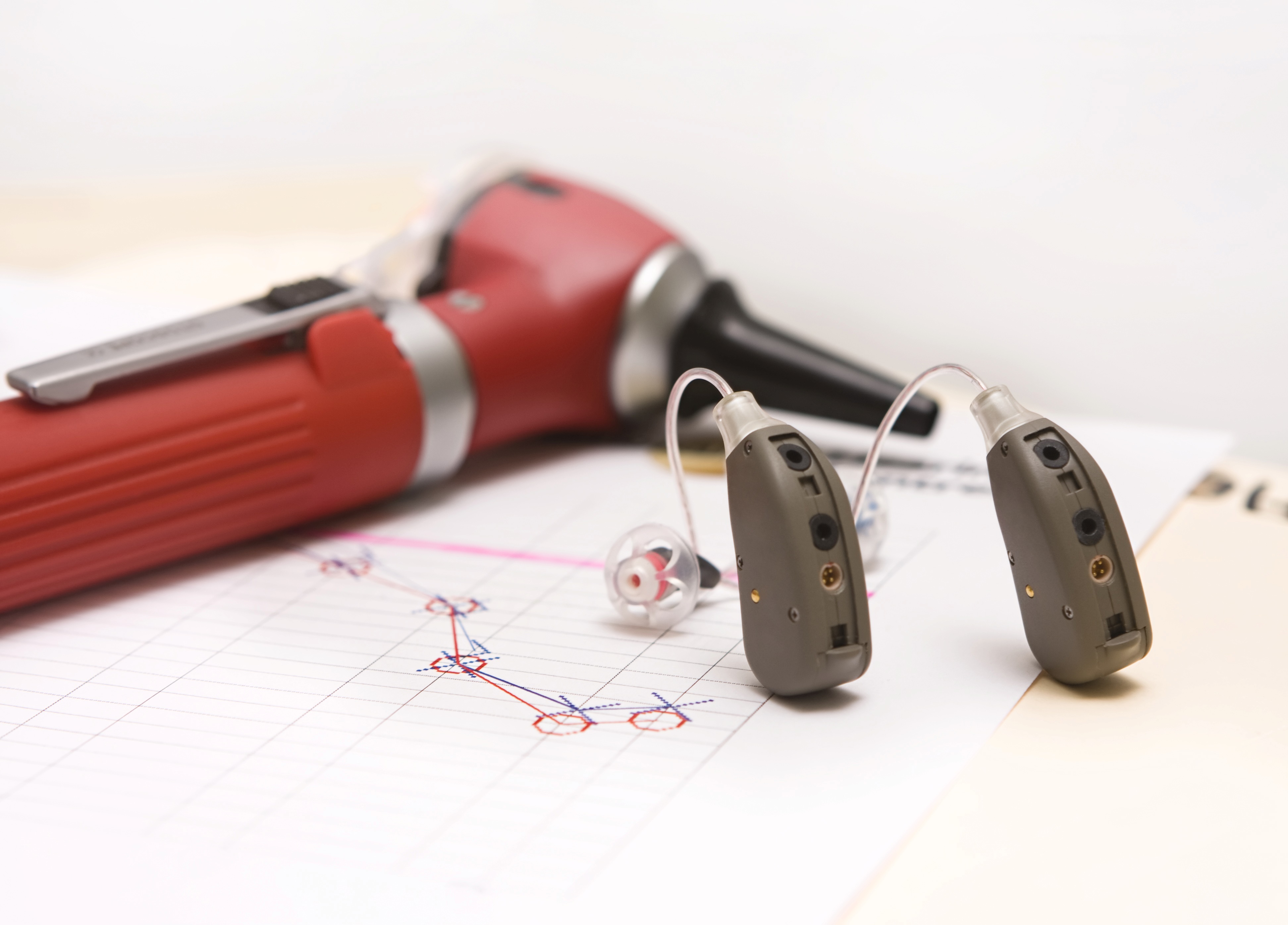
You have most likely seen the advertisements. The ones pushing PSAPs, or personal sound amplification products, ensuring a boost to hearing for as little as 20 dollars. It appears to be a excellent deal—especially when compared to the hefty price tag of a hearing aid.
The reality is, it’s not so much a good deal as it is shrewd advertising. The commercials do their best to hide some crucial information while emphasizing carefully selected talking points.
But the question remains: why would you want to spend more money on a hearing aid when cheaper PSAPs are available? Here are five reasons.
1. PSAPs are not FDA-regulated medical devices
Listen carefully to the PSAP advertisements. You’ll hear all about “boosts” to hearing but never about actually treating hearing loss. The reason: PSAPs are not FDA-regulated medical devices and can not be utilized to treat any medical condition, including hearing loss. PSAPs are merely recreational products meant to produce benefits to people who can already hear normally.
Making use of a PSAP to manage hearing loss is like purchasing a pair of reading glasses to treat near and far-sighted vision impairment. Hearing aids, on the other hand, are FDA-regulated medical devices that can proficiently treat hearing loss.
2. PSAPs are not customizable
Hearing aids may not look like much on the surface, but inside they include state-of-the-art digital technology that can slice up, store, adjust, and regulate any type of sound. Hearing aids can additionally create adjustments for pitch and volume so that amplification complements the patient’s hearing loss exactly.
A PSAP, by comparison, is a one-size-fits-all electronic device that amplifies soft sounds. Since every person’s hearing loss is a little different, PSAPs won’t amplify the correct frequencies. Rather, PSAPs will amplify all sound, generating distortion in noisy spaces.
3. PSAPs can’t enhance speech recognition
Speech sounds are unique in that they are principally represented in the higher frequencies, especially in comparison to background sound. Given that digital hearing aids can identify variations in sound frequency, hearing aids can amplify speech while suppressing background noise. PSAPs, by and large, lack this function.
4. PSAPs could cost you more in the end
To begin with, hearing loss is on occasion brought about by factors that do not require hearing amplification at all. If, for instance, earwax accumulation is producing your hearing loss, an easy professional cleaning can restore your hearing within a matter of minutes—and without a dime spent on any amplification products.
Second, sometimes more significant medical conditions can result in hearing loss, so you’ll want a professional assessment to rule this out. Considering that you can purchase a PSAP without any interaction with any healthcare specialists, you could be putting yourself in danger.
Third, if you do have noise-induced or age-related hearing loss, a PSAP will not work the way you want it to. You’ll probably invest in a hearing aid at some point anyway, so you might as well bypass the additional cost of the PSAP.
And finally, unlike hearing aids, there is no mandatory trial period for PSAPs. If you purchase one and it doesn’t work, there’s no legal guarantee that you’ll get back your money.
5. PSAPs lack the features of a hearing aid
PSAPs, like we stated, are simple amplification instruments stripped-down of any enhanced functionality. Hearing aids, in contrast, can enhance speech, minimize background noise, and adapt to different environments. Several hearing aid models can even wirelessly stream phone calls and music, and some can be controlled with smartphones and watches.
The choice is yours
PSAPs do have their uses. If you have regular hearing, PSAPs are great for things like bird watching and eavesdropping on conversations, if that’s your sort of thing.
But for hearing loss, don’t settle for less than you deserve. Your hearing, and the relationships that depend on it, are too valuable.